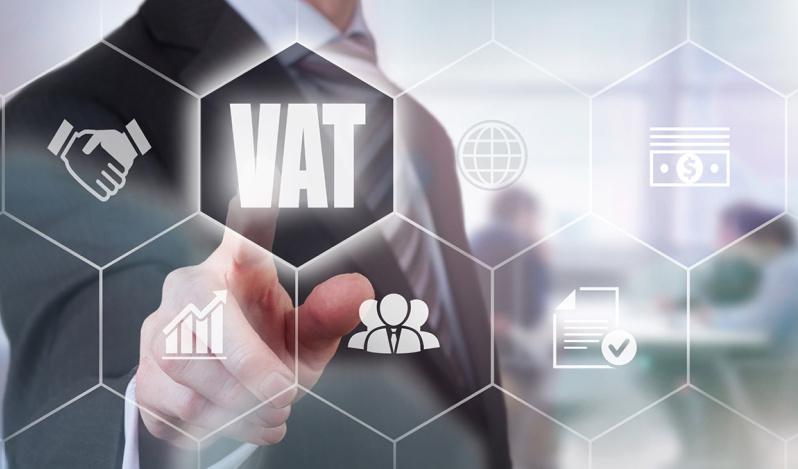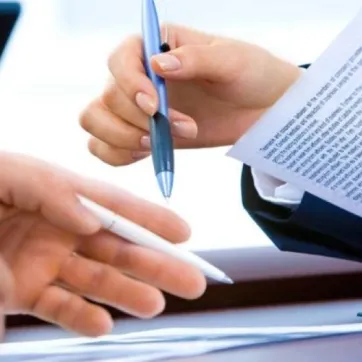A Comprehensive Guide to the VAT Rate in the UAE
2024-08-28
8,325 Views


Settings
USD
EUR
SAR
AED
KWD
OMR
QAR
BHD
JOD
DZD
YER
TRY
GBP
CHF
CAD
AUD
CNY
RUB
EGP
Call center
Available now
The consultation is completely free
2024-08-28
8,325 Views

Need real estate help?
Consult with our specialist
More From Imtilak
Talk to us on your favorite channel
What are you looking for in a property?
Channels
Thank you!
Your message has been successfully sent. We will contact you very soon!


